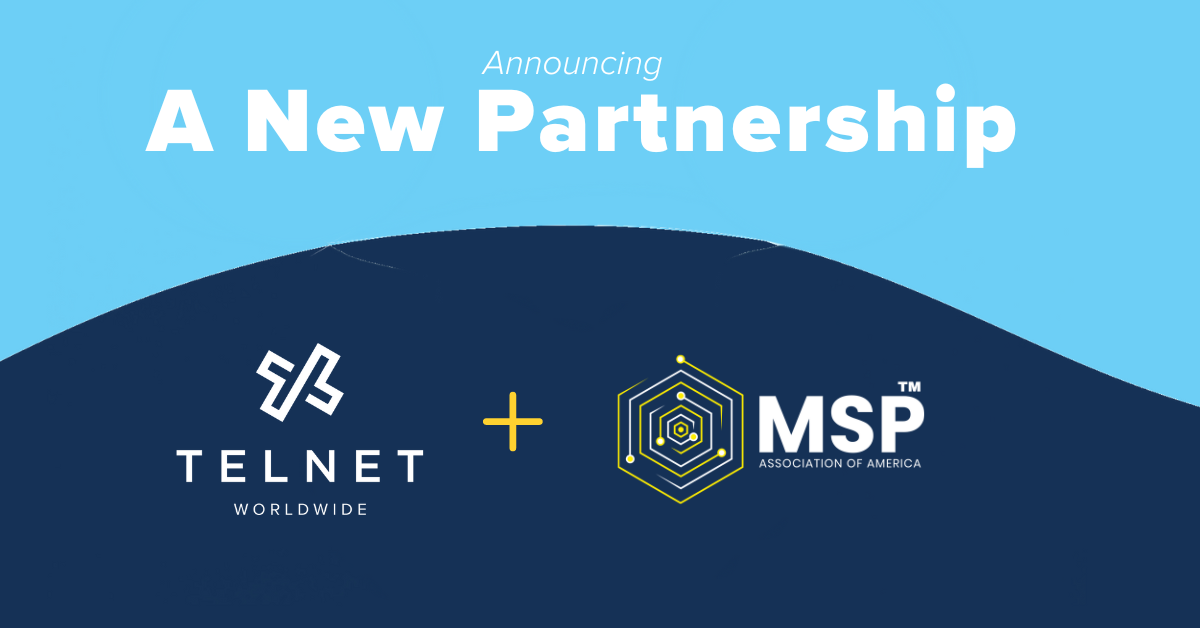Your company relies on networking equipment to run smoothly, so you know how important it is that your resources are safe and working effectively. While many companies house their hardware directly in their place of business, a growing number of organizations are opting to colocate theirs in a data center.
Data center facilities secure physical assets that keep businesses running efficiently and mission-critical equipment protected.
What is a data center?
At the most basic level, a data center is a facility that houses an organization’s IT operations, data and equipment. As more and more of our modern business functions become reliant on cloud computing and data storage, the number of data centers around the world has increased exponentially.
Data centers support organizations looking for more security, power and functionality for their most important equipment.
What does a data center do?
Rather than having on-premise equipment, data centers take the burden off your shoulders and house it for you. Data centers include the following critical components:
- Routers
- Switches
- Storage Systems
- Firewall
- Servers
Data centers also host critical data for your company such as email services, websites and software servers.
What are the benefits of a data center?
Storing equipment directly in your place of business presents a lot of challenges and room for error. Issues like power supply, data security and scalability can affect every aspect of your organization from finance to the frontline. Luckily, these are the same areas that data centers excel in:
- Power: Data centers ensure that there is enough constant power supplied to the building to minimize the risk of power outages or slowed speeds.
- Safety: Most facilities require very extensive security for the building, usually requiring badges, codes, or fingerprints to even enter.
- Environmental Controls: Colocation partners make sure that the temperature of the building is just right to prevent equipment from overheating.
- Space: Facilities can range in size from a large room to a multi-story building, and therefore can accommodate more room for your hardware.
- Compliance: Many data centers have obtained compliance certifications like SOC, HIPAA and PCI to meet your security needs.
- Cost: Storing your hardware at a data center typically saves money for your company in the long run.
How are data centers classified?
Each data center falls under a specific tier, and each tier represents different levels of service. Data centers are certified through the Telecommunications Industry Association.
A Tier I data center is the lowest of the group, and is typically not a large space. These are usually smaller companies with less equipment. These facilities feature single path power and cooling and no redundant components. This tier provides 99.671% availability.
Tier II data centers provide a balance between cost management and performance. They consist of single path power and cooling, with redundant components. This tier provides 99.741% availability.
Tier III data centers are best for large companies with more equipment that needs to be stored. They feature multiple power and cooling paths with only one path active, redundant components, and can sustain power outages up to 72 hours. They provide 99.982% availability.
Finally, a Tier IV data center typically services multi-million dollar businesses, and provides the highest level of service. These data centers have multiple active power and cooling pathways, redundant components, and are able to sustain 96 hours of power outage. This provides 99.995% availability.
Why choose TelNet as a colocation partner?
At TelNet, we provide a world-class, Tier III facility that allows you to house, manage, or host your critical data and communication equipment. Some of our pride points include:
- Multiple layers of redundancy that are monitored 24/7
- Top of the line, multi-stage security that includes mantraps, PINs and video authentication
- A power and climate controlled facility that provides stability for your equipment
- PCI DSS, SOC 2 Type II, HIPAA and ISO 27001 compliance
If you would like to read more about our data centers and what we provide, please visit www.telnetww.com/data-center.




